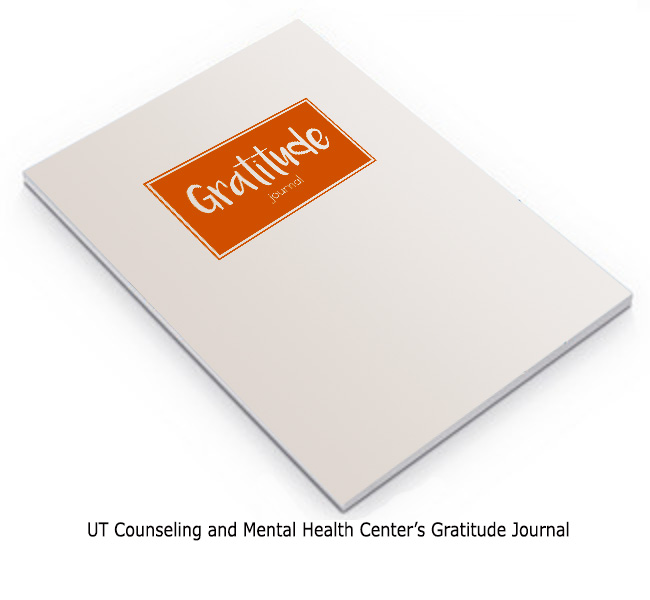Gratitude

In simple terms, researchers define gratitude as “a felt sense of wonder, thankfulness, and appreciation for life” (Emmons & McCullough, 2003; Lyubomirsky, 2007). Emmons, McCullough, and their peers have demonstrated the beneficial impacts of expressing gratitude on physical and mental health (Bartlett & DeSteno, 2006; Emmons & McCullough, 2003; Neff, 2011). This research also shows that through consistent practice, gratitude can be developed over time, leading to higher levels of happiness and self-worth and stronger relationships (Emmons & McCullough, 2003; Lyubomirsky, 2007; McCullough, Emmons, & Tsang, 2002).
- Show students how to express gratitude. Examples include:
- Share things in your life for which you are grateful.
- In class, share student actions that have inspired gratitude.
- Give individual students written notes describing something they’ve done that you appreciate.
- Send emails to individual students listing things they’ve done that you appreciate.
- Have students think about or list things for which they’re grateful. Examples include:
- Before an exam, give students two minutes to write about one object of gratitude.
- During a break in class, have students contemplate a relationship for which they are grateful.
- For homework, ask students to write a letter to someone who has made them feel grateful.
- Have students keep a gratitude journal and write in it once a week.
- Be optimistic. Focus on the positive more than the negative. Examples include:
- At the beginning of the semester, focus on the benefits of being in your class.
- When going over an exam or assignment, focus on what students did correctly before addressing their mistakes.
- At the end of the semester, share how teaching the class benefited you, and have students share how the class benefited them.


